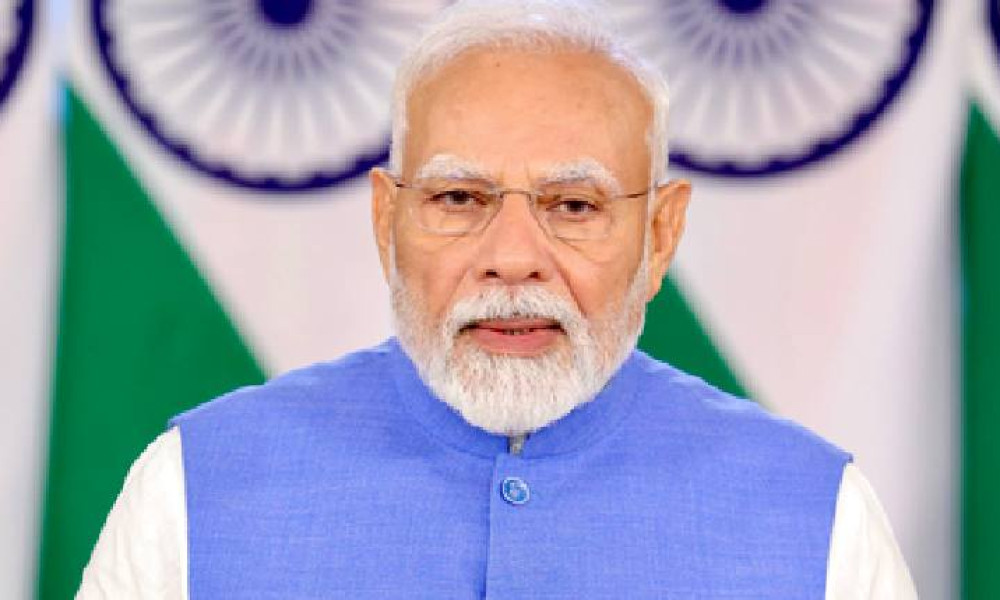Prime Minister Narendra Modi has voiced deep anguish over the ongoing crisis in Nepal. Chairing a meeting of the Cabinet Committee on Security in New Delhi, he stressed the importance of stability, peace, and prosperity in the neighboring country.
The meeting took place soon after his return from Himachal Pradesh and Punjab. It highlighted how closely India is monitoring the escalating violence in Nepal.
Modi described the situation as heart-rending, noting with sorrow that many young lives have been lost. His appeal on social media urged the people of Nepal to support peace.
The Cabinet Committee on Security discussions underlined India’s concerns about regional stability. South Asia’s security framework, once again, finds itself under strain.
India has already tightened vigilance along the border. Citizens traveling in Nepal have been advised to remain cautious, avoid unnecessary movement, and stay indoors.
The crisis in Nepal erupted after a controversial decision by the government to ban 26 social media platforms. What was framed as regulation quickly turned into a spark for mass protests.
These demonstrations, led mostly by the youth, came to be known as the Gen Z movement. Protesters accused the government of silencing free expression.
At first, the rallies were peaceful. Soon, however, tensions escalated into violent clashes with security forces.
Reports confirmed that at least 19 people have lost their lives. More than 300 others have been injured, with police allegedly using live ammunition, rubber bullets, and tear gas.
Even though the government rolled back the ban, the damage was already done. Anger had spread, and demands for accountability grew louder.
The fallout led to the resignation of several key ministers. Soon after, Prime Minister K P Sharma Oli also stepped down.
In a dramatic turn of events, President Ram Chandra Poudel reportedly resigned as well. Nepal’s political leadership is now facing a complete shake-up.
The capital’s airspace has not been spared either. Flights in and out of Kathmandu have been suspended, deepening the sense of uncertainty.
The Army has been deployed to maintain law and order. Soldiers now patrol key areas to prevent further unrest.
For India, these developments are alarming. The shared border and historical ties mean that turmoil in Nepal cannot be ignored.
Modi’s remarks serve as both an expression of solidarity and a reminder of the stakes. A peaceful and prosperous Nepal remains crucial for the stability of the region.
As the situation continues to evolve, India will likely maintain its cautious stance. Its focus remains on peace and security in South Asia, even as Nepal navigates its deepest political crisis in recent years.

